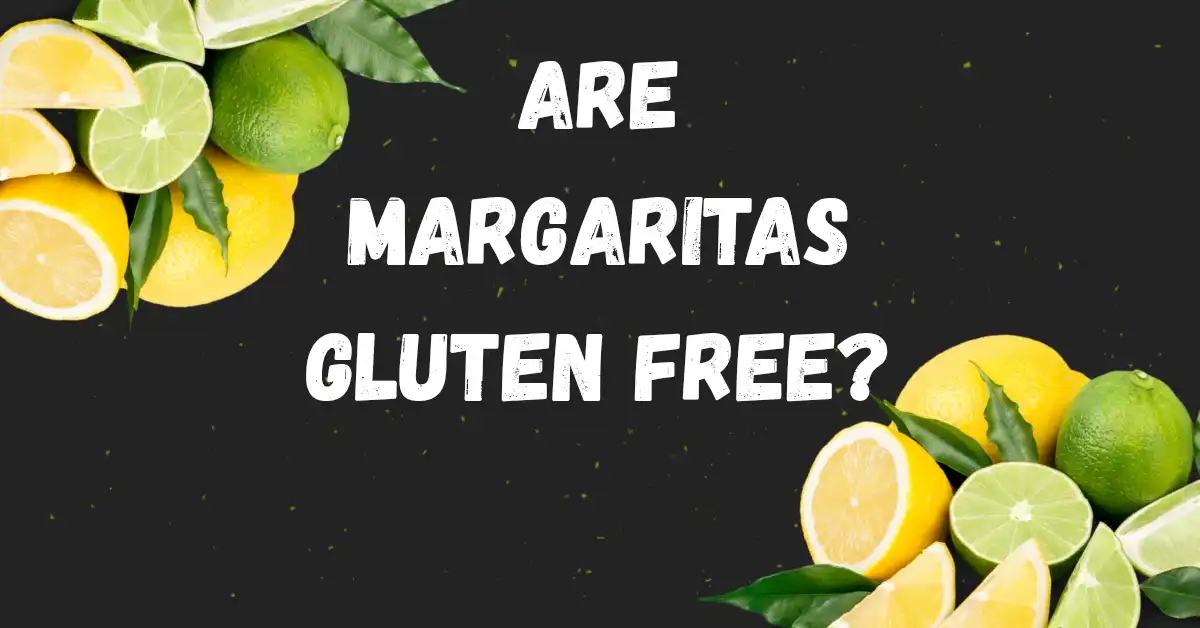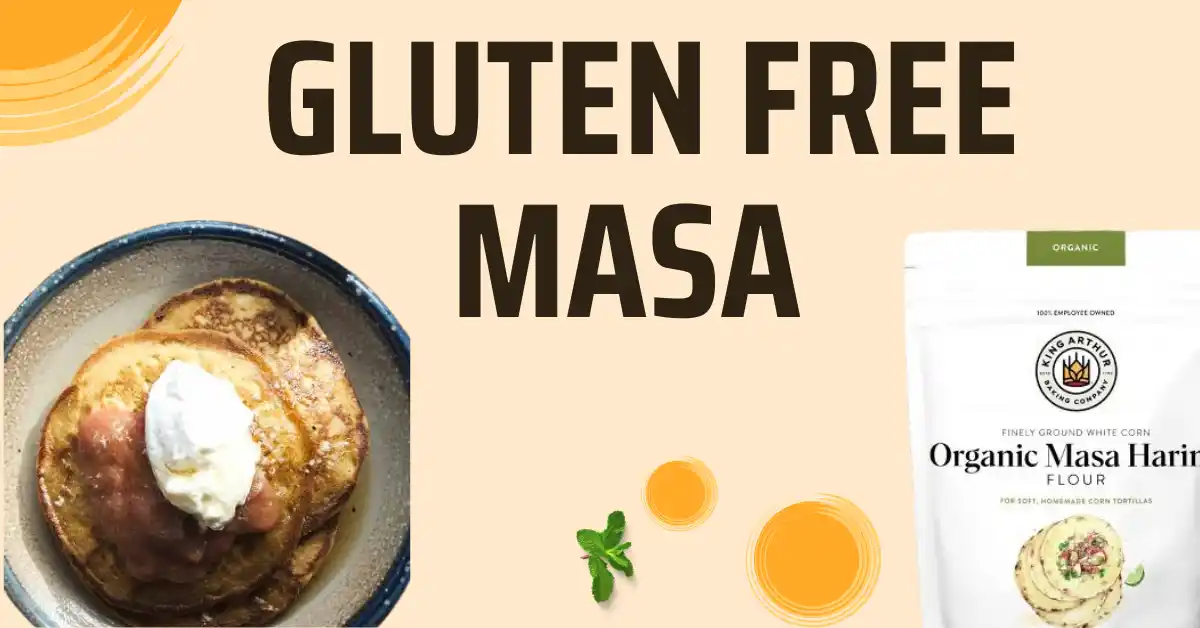Is Mead Gluten Free?
Mead is one of the oldest alcoholic beverages known to humankind, often referred to as the “nectar of the gods.” Its origins date back thousands of years, with evidence of mead consumption found in ancient civilizations across Europe, Asia, and Africa. Unlike beer or wine, which are made primarily from grains and grapes, mead is crafted by fermenting honey with water. Sometimes, fruits, herbs, or spices are added to enhance the flavor profile.
With the increasing awareness of gluten intolerance and celiac disease, more people are asking the question: Is mead gluten-free? Since mead is made from honey and not grains, it’s naturally gluten-free in its purest form. However, not all meads are created equal, and some varieties may contain gluten due to the addition of ingredients or cross-contamination during production.
In this article, we’ll explore everything you need to know about mead and gluten. From wheat-free varieties to honey meads, wine-style meads, and beer-style meads, you’ll discover which options are safe for gluten-sensitive individuals. We’ll also highlight the top gluten-free mead brands, tips for safe consumption, and frequently asked questions.
Table of Contents
ToggleWhat Makes Mead Unique?
Mead stands out from other alcoholic beverages because of its honey base. Here are some key factors that make it unique:
- Primary Ingredient: Honey is the star ingredient, unlike beer (barley, wheat) or wine (grapes).
- Flavor Diversity: Mead can range from sweet to dry, sparkling to still, depending on the fermentation process.
- Historical Significance: Ancient cultures believed mead had magical or divine properties, often associating it with rituals and celebrations.
- Modern Popularity: Today, mead is experiencing a resurgence among craft beverage enthusiasts.
This uniqueness is also what makes mead a safer option for people avoiding gluten—at least in its traditional form.
Is Mead Gluten Free?
The short answer: Yes, traditional mead is gluten-free. Since it’s made from honey, water, and yeast, none of the primary ingredients naturally contain gluten. However, several factors can influence its gluten-free status.
Ingredients Used in Mead
Traditional mead includes:
- Honey – 100% gluten-free
- Water – naturally gluten-free
- Yeast – generally safe for gluten-sensitive individuals
Additional flavorings such as fruits, herbs, or spices are typically gluten-free as well.
Gluten Risks in Mead Production
While mead itself is naturally gluten-free, risks may arise in the following cases:
- Flavor Additives: Some modern meads are infused with grains or malt for beer-like flavors, which may introduce gluten.
- Cross-Contamination: If a meadery also produces beer, shared equipment could result in gluten contamination.
- Hybrid Styles: “Braggot” (a mix of mead and beer) contains barley malt and is not gluten-free.
Because of these variations, it’s always wise to check the label or contact the manufacturer directly before consuming.
Also Read:- Discover the Truth: Are High Noons Gluten Free and Safe for Celiacs?
Is Mead Wheat Free?
One of the biggest concerns for individuals with gluten sensitivity or celiac disease is wheat. Since wheat is one of the primary sources of gluten, avoiding it is essential for maintaining good health. So, is mead wheat-free?
The answer is generally yes. Traditional mead is made without wheat or any grain. Its base ingredients—honey, water, and yeast—do not include wheat, barley, or rye. However, modern craft meaderies sometimes experiment with unique flavor combinations. For example:
- Some meads may contain malted grains to mimic the flavor of beer.
- Hybrid beverages, such as braggots (a blend of mead and beer), will include barley malt, making them unsuitable for gluten-free diets.
- Rarely, meads may use wheat-derived flavorings or clarifying agents, though this is not common.
If you are highly sensitive to gluten or have celiac disease, always look for labels that state “gluten free” or check with the meadery before consuming.
Is Honey Mead Gluten Free?
Since honey is naturally gluten-free, pure honey mead (also called “traditional mead”) is considered safe for individuals avoiding gluten. These meads typically contain only three ingredients:
- Honey – Fermented sugars provide sweetness and alcohol.
- Water – Dilutes and balances the honey.
- Yeast – Ferments the honey into alcohol.
Pure honey meads are among the safest choices for people who want to enjoy mead without gluten worries. They’re simple, natural, and free from added grains.
If you’re buying bottled honey mead, always confirm that no grain-based flavorings were added during production. Fortunately, many craft meaderies in the U.S. and worldwide clearly state when their products are gluten-free.
Is Mead Wine Gluten Free?
Some people describe mead as “honey wine,” which raises another question: Is mead wine gluten-free?
Yes, mead in wine form is typically gluten-free. Like grape wine, honey wine is free from gluten since neither honey nor grapes contains it. The fermentation process doesn’t introduce gluten either.
Here’s how mead wine compares to other alcoholic beverages:
- Mead (Honey Wine): Naturally gluten-free.
- Grape Wine: Gluten-free, unless aged in barrels sealed with wheat paste (rare today).
- Beer: Usually contains gluten unless specifically brewed gluten-free.
Wine-style meads are an excellent option for anyone who enjoys sweet, semi-sweet, or dry alcoholic beverages but needs to avoid gluten.
Is Mead Beer Gluten Free?
This is where things can get tricky. Beer is traditionally brewed from gluten-containing grains such as barley or wheat. While mead is not beer, some meaderies produce beer-style meads that resemble beer in flavor and texture.
Important points to know:
- Pure Mead: Gluten-free.
- Beer-Inspired Mead: May use barley or wheat to achieve a beer-like taste.
- Braggot (Mead + Beer Hybrid): Not gluten-free. This style includes malted barley, making it unsafe for gluten-sensitive individuals.
If you love beer but can’t tolerate gluten, mead can be a great alternative—as long as you choose pure honey meads or gluten-free labeled options.
Gluten-Free Mead Brands (Top 7 Safe Choices)
Finding trustworthy gluten-free mead brands can make your drinking experience stress-free. Here are some popular options you can rely on:
Super Popular U.S. Gluten-Free Mead Brands
- Redstone Meadery (Colorado) – Offers a variety of traditional and flavored gluten-free meads.
- Moonlight Meadery (New Hampshire) – Known for bold flavors and clear gluten-free labeling.
- B. Nektar Meadery (Michigan) – Widely available and produces gluten-free honey meads.
- Charm City Meadworks (Maryland) – Specializes in session meads, most labeled gluten free.
International Gluten-Free Mead Options
- Lurgashall Mead (UK) – Traditional mead brand with natural ingredients.
- Viking Blod Mead (Denmark) – A strong, spiced mead made without gluten grains.
- Chaucer’s Mead (California, USA, but globally sold) – Widely available honey-based mead.
These brands are widely recognized for their dedication to quality and transparency. Many of them include clear gluten-free certifications on their packaging.
Conclusion
So, is mead gluten-free? In most cases, yes. Traditional mead made from honey, water, and yeast is naturally gluten-free and safe for people with celiac disease or gluten intolerance. However, certain variations—such as braggots or beer-style meads—may contain gluten, so it’s always important to check labels and confirm with the producer.
If you’re looking for a safe and enjoyable alcoholic beverage, mead is an excellent gluten-free choice. By sticking to trusted brands and reading labels carefully, you can sip with confidence while enjoying this historic and flavorful drink.
Gluten Free food Guide
Looking for a complete gluten-free shopping list? Visit our Gluten-Free Food Guide for more essential resources.
FAQs
1. Is mead always gluten-free?
A: Not always. Traditional mead is gluten-free, but beer-style meads or braggots may contain barley malt.
2. Can celiacs drink mead safely?
A: Yes, as long as the mead is labeled gluten-free and produced without grain additives or cross-contamination.
3. Is honey naturally gluten-free?
A: Yes, honey is naturally gluten free and safe for gluten-sensitive individuals.
4. Does barrel aging make mead unsafe?
A: In rare cases, barrels sealed with wheat paste may introduce trace gluten, but most modern meaderies avoid this practice.
5. How can I tell if a mead is gluten-free?
A: Read the label, research the brand, or contact the meadery directly. Certified gluten-free labels are the safest bet.
6. What mead brands are 100% gluten-free?
A: Popular options include Redstone Meadery, Moonlight Meadery, B. Nektar Meadery, and Charm City Meadworks.
Related Post

Are Margaritas Gluten Free? Enjoy Your Drink Safely

Is Triple Sec Gluten Free? Discover the Safe Choice Today

Is Mead Gluten Free? Discover Safe Gluten-Free Choices

